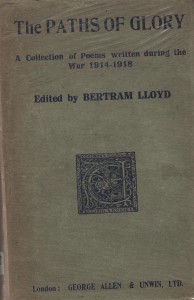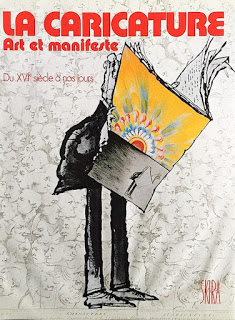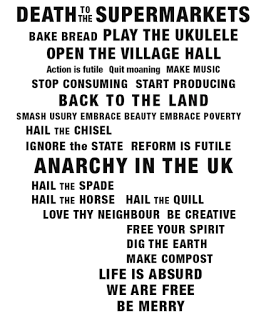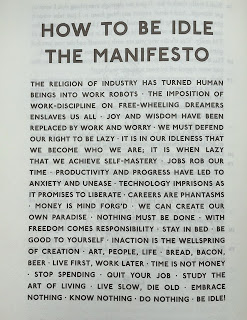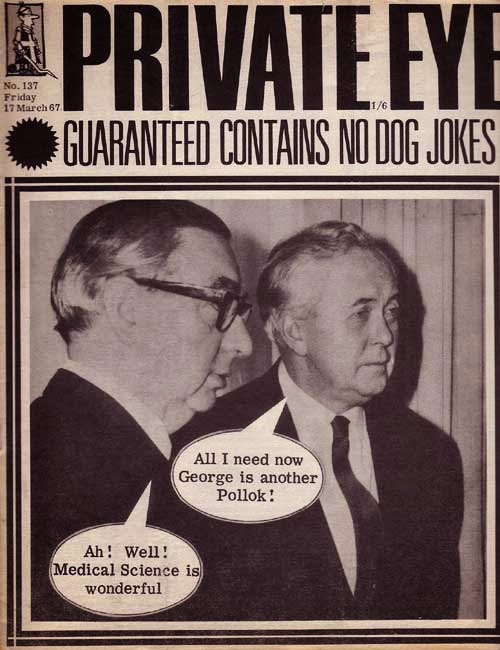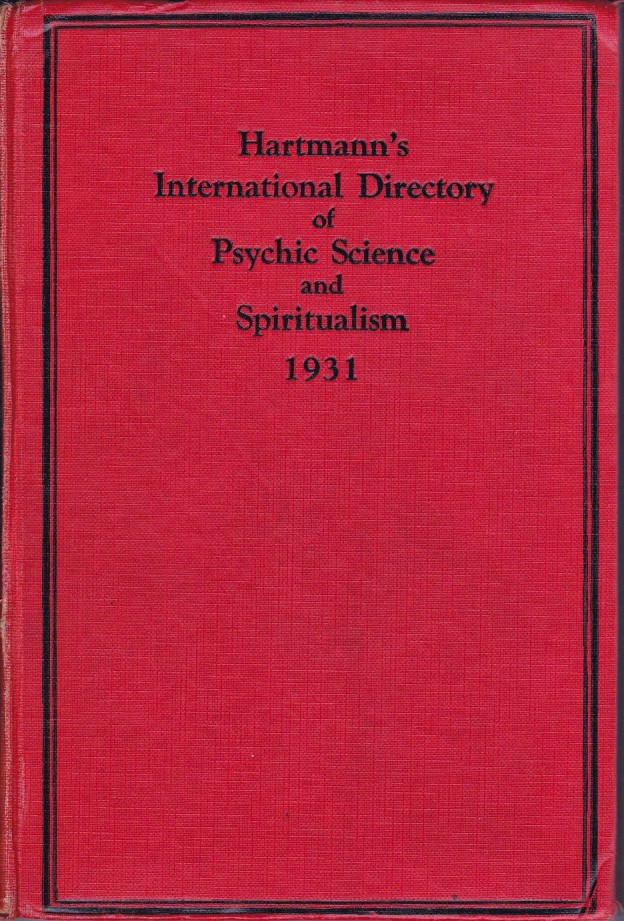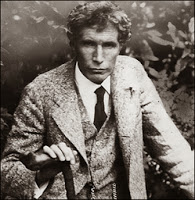In view of the forthcoming General Election, here is a selection of remarks on British MPs published by ex-MP Matthew Parris in his ‘Scorn with Extra Bile’ (1995 and later editions).
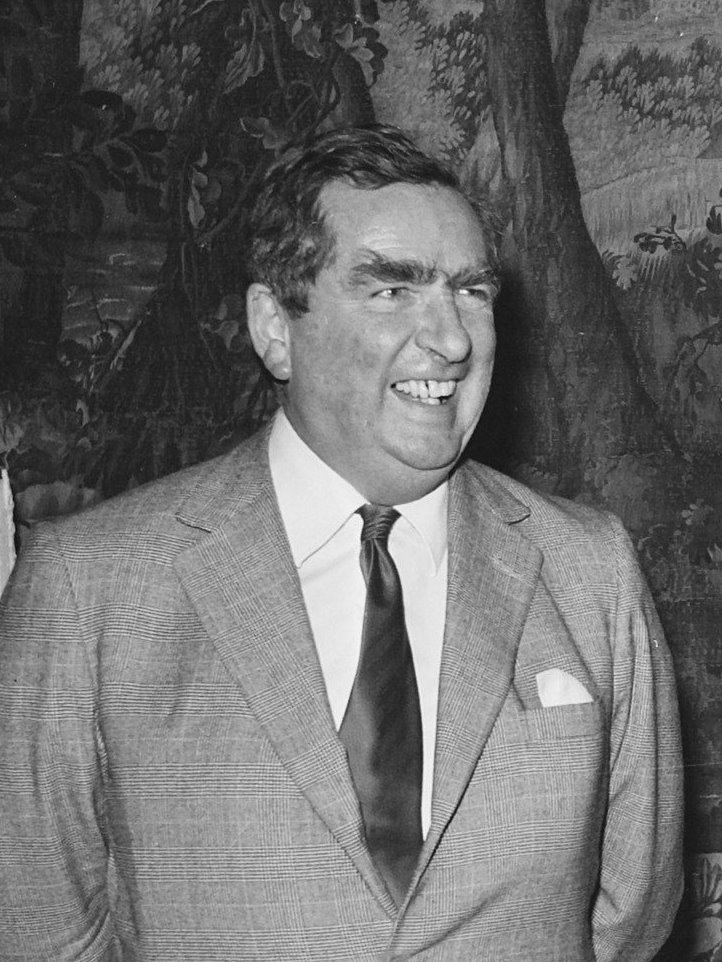
He lied and lied and lied.
Guardian headline on the news that former Tory Minister Jonathan Aitkin had withdrawn his libel case against the paper, 1997.
Jail Him!—Aitkin: serial liar, cheat, coward. His marriage is over and he faces a £2 million legal bill. It is not punishment enough. He must be sent to jail…he is unfit to mop the floor in a soup kitchen. He is not just a failure as a politician. He is a failure as a human being.
The Mirror on Aitkin.
Mr Aitkin was duly tried and sentenced to 18 months in prison. Here he ‘ got religion’. He is now a minister at St Matthews church, Stoke Newington. By declaring himself bankrupt he managed to avoid paying the enormous costs awarded against him, though the Guardian suspected him of having more resources than he admitted to.
A semi-house trained polecat.
Michael Foot on Norman Tebbit.
In March 2022 Mr Tebbit ( aka ‘ the Chingford skinhead ‘ ) retired from politics aged 90.
…He was always the sort of Socialist who would do anything for the workers except like them.
Bruce Anderson on Roy Hattersley in The Spectator.
Apparently Hattersley has written three ‘ novels ‘ and several biographies. He retired from politics and is little heard of nowadays.
Harold Wilson was one of the men who ruined post-war Britain. He was a small posturing visionless politician, personally pleasant to his friends and even his enemies, amusing, irreverent and apparently kind. But his public work was a long strung-out disaster, overlaid by the impression at the time that it was at least dextrously accomplished.
Hugo Young, the Guardian, 1995.
The Bertie Wooster of Marxism
Anonymous, about Tony Benn.
A rather harsh verdict on the former Viscount Stansgate, whose son Stephen inherited the title that his father renounced. It’s hard to imagine Bertie Wooster swapping champagne for copious mugs of tea.
A perfectly good second-class chemist, a Beta chemist…she wasn’t an interesting person, except as a Conservative…I would never, if I had amusing, interesting people staying, have thought of asking Margaret Thatcher.
Continue reading
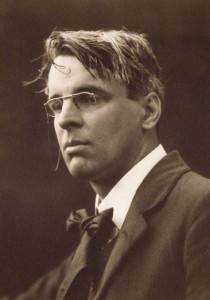
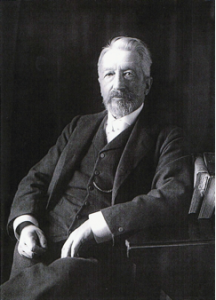
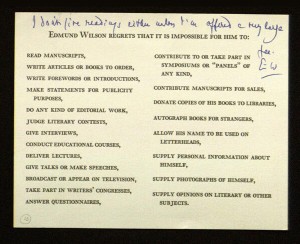 This was sent by
This was sent by 